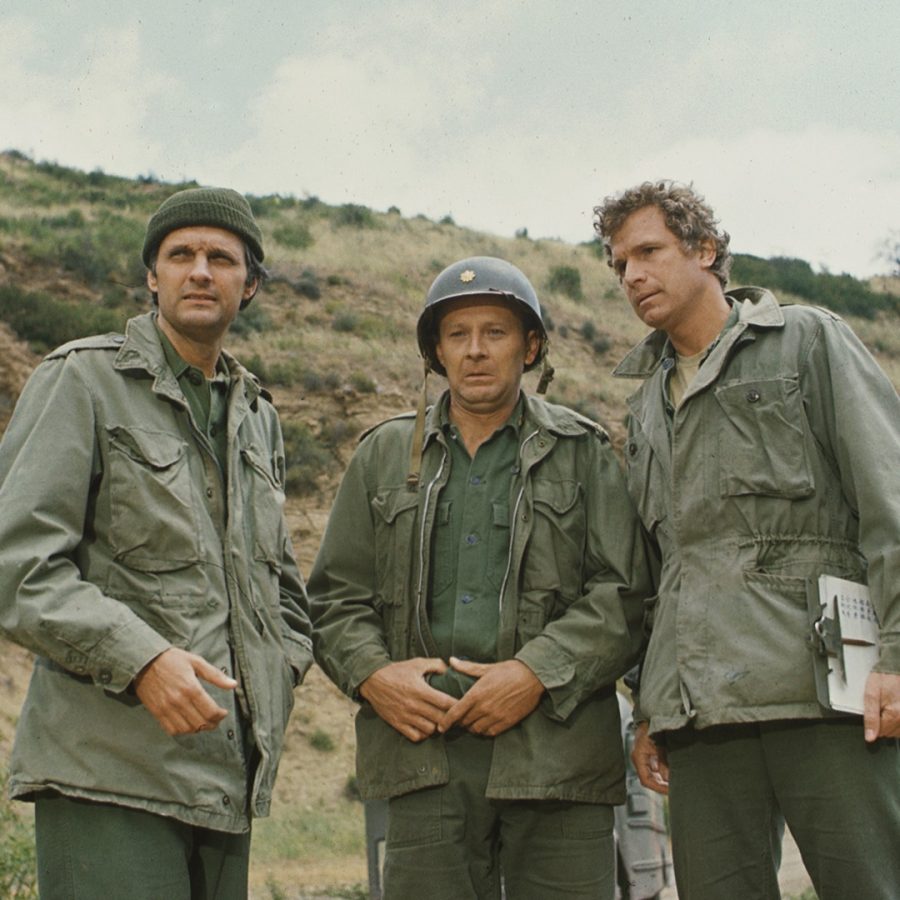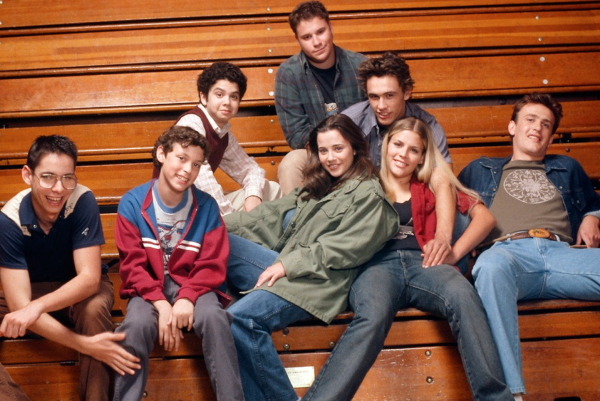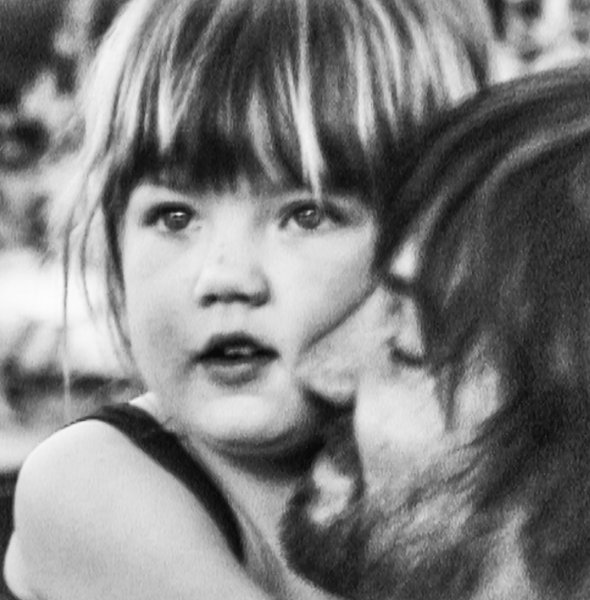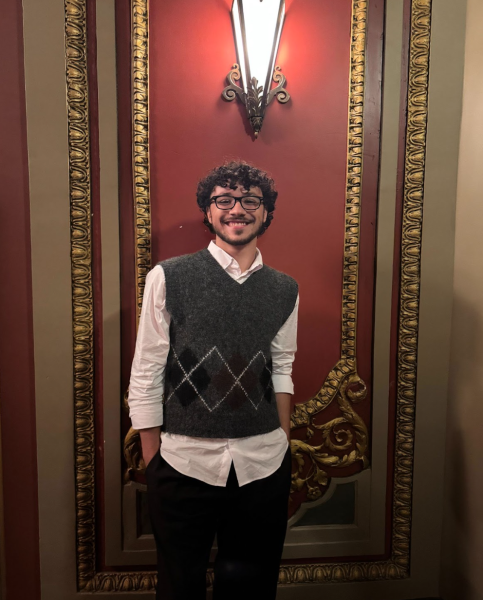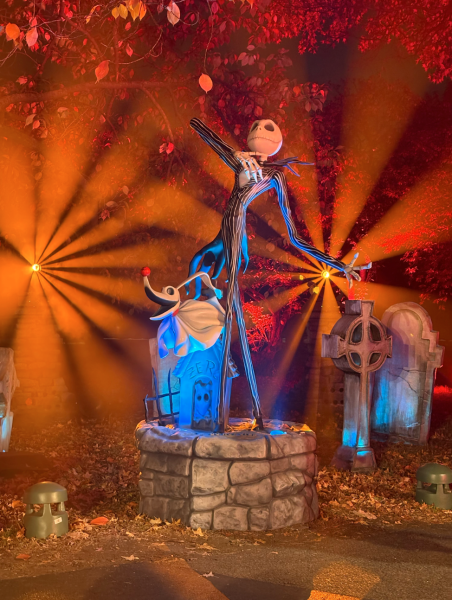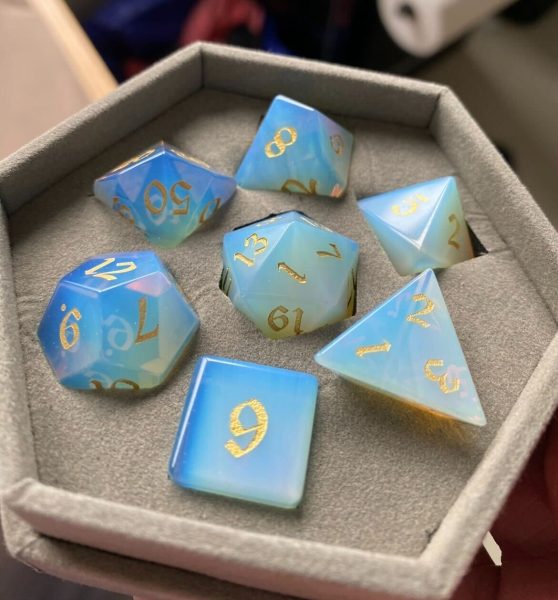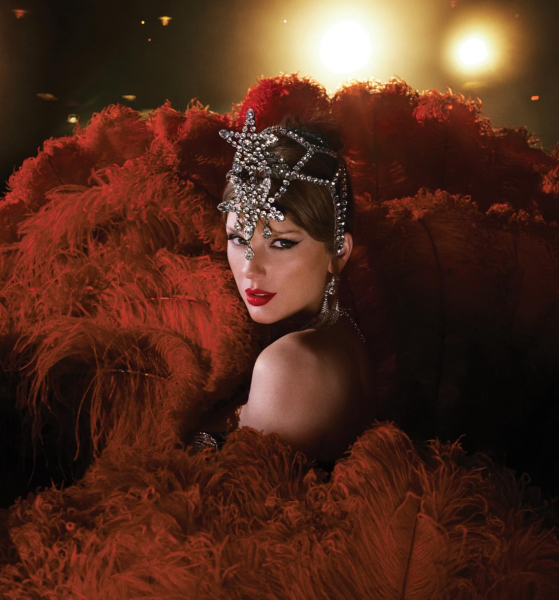Seventies to Twenties, “M*A*S*H” Still Holds Up
I’m just not the kind of person who enjoys watching shows that are currently on air. It’s not that they’re bad shows in themselves — it’s that it only takes one canceled show or a supernaturally bad finale to teach me that getting into a show without knowing exactly what I’m getting into is a waste of my time. That’s why it’s unsurprising that one of my favorite shows is one older than my parents.
The ’70s TV Series “M*A*S*H,” not to be confused with the earlier movie “M*A*S*H” (1970), is a phenomenal comedy that manages to deliver laughs, tears and social commentary. “M*A*S*H” portrays the daily lives of doctors in the 4077th Mobile Army Surgical Hospital, or MASH unit, during the Korean War. Though the series spanned 11 seasons with various cast changes, it’s the first few seasons that I really fell in love with. “M*A*S*H” is one of those shows that hit the ground running and the first season stands wonderfully on its own, avoiding the bone-chilling phrase that comes with many recommendations: “It gets better later on!”
“M*A*S*H” largely lacks a central plot outside of the operations of a hospital in the Korean War, so the appeal of the series is mainly in the interactions between the characters. The most iconic character of the series is Doctor Benjamin Franklin Pierce, portrayed by Fordham alumnus Alan Alda. The early seasons’ main cast of his fellow doctors, such as the easygoing Trapper McIntyre, the condescending Major Frank Burns, the naive company clerk Radar O’Reilly, the stern Major Margaret “Hot Lips” Houlihan and finally their bumbling Commanding Officer Lieutenant Colonel Henry Blake form a group of characters that, while comedic in their interactions, feel like dynamic and realistic people. It also has one of the best cast of recurring characters I’ve seen on a television show in a long time — “M*A*S*H” features a large variety of personalities in the 4077, including a cross-dressing soldier hoping to get sent home by a psychiatrist and a priest adapting to his mostly irreverent flock. Each character is unique without being a caricature, ensuring that the interactions don’t get stale.
However, the show doesn’t just get by on cheap comedy. “M*A*S*H” doesn’t hesitate to comment on the social issues of its time, even having a large portion of its characters espouse an anti-war stance at a time when America was involved in the Vietnam War. It has episodes dealing with serious topics like racism, xenophobia, homophobia, alcoholism and, as expected for a series set during the Korean War, death. The show succeeds in handling the delicate subject matter with tact while still keeping the relatively light-hearted tone of the show, an example being the many discussions in the show about the necessity of treating patients, no matter what side of the war they come from. A particularly moving episode from the first season, “Sometimes You Hear the Bullet,” deals with Doctor Pierce’s grief following the death of one of his patients and the senseless nature of war. I must say that this is one of the few shows that can wring both laughter and tears out of me in one 20-minute episode.
“M*A*S*H” is currently available to stream on Hulu and is worth both a good binge and a long savoring.
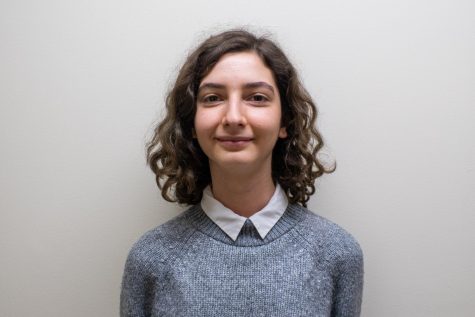
Hasna Ceran is a junior double majoring in economics and Middle East studies. She began by writing the USG Column for Volume 101 and served as an Assistant...



































































































































































































